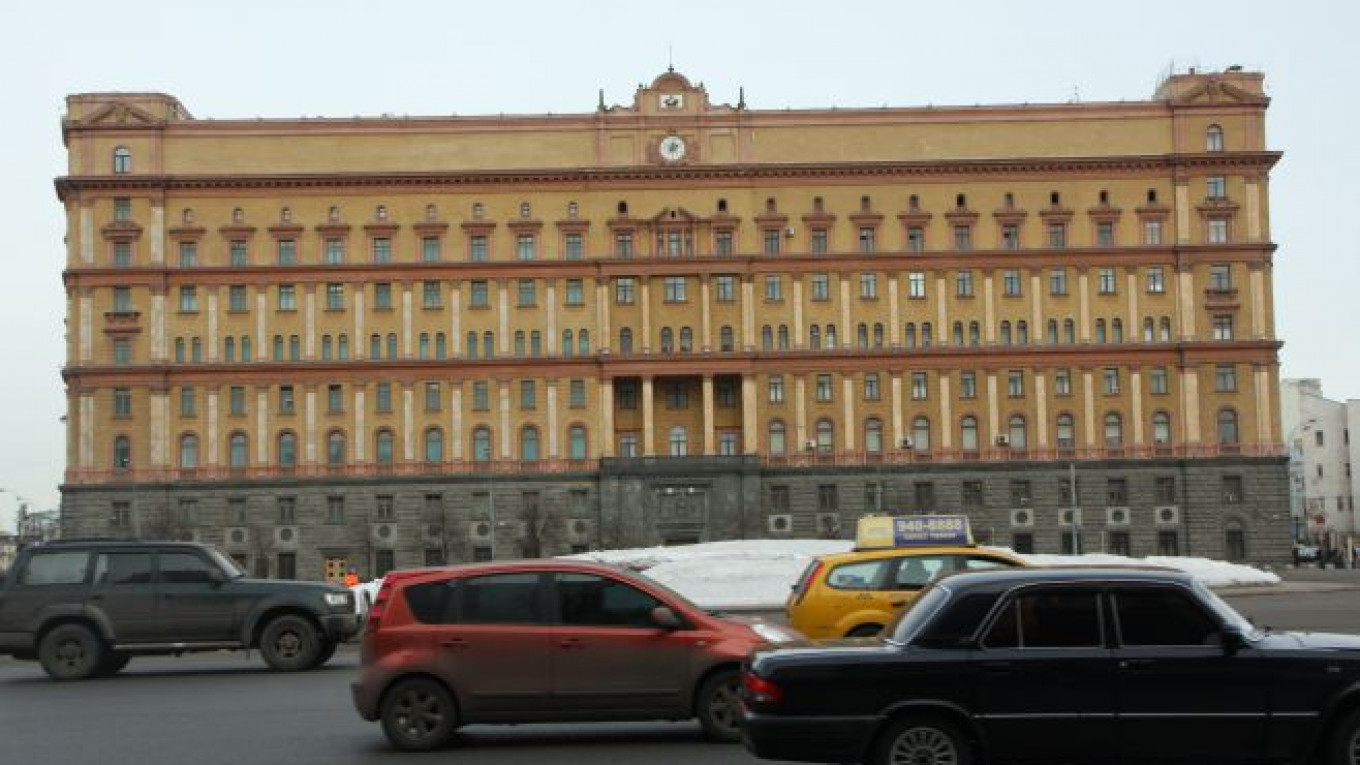Russia's lower house of parliament has approved a bill letting Federal Security Service (FSB) officers shoot at crowds, as well as at women and children under certain conditions, the Slon.Ru news portal reported Tuesday.
The State Duma passed the bill in the second, third and final reading at once. The bill changes the Federal Security service law, in order to give its officers more powers in using their weapons.
The bill proposes to give officers the power to use firearms against crowds of people to prevent acts of terror, including taking hostages and armed attacks on governmental buildings.
The amendments also allow FSB officers to shoot at women, children and disabled people in cases of a terror act or armed attack on civilians and law enforcers.
Moreover, the security service officers are handed the right to enter private property to "maintain public security in emergency situations and during mass civil unrests".
To be enacted, the bill has to be approved by the parliament's upper house and signed by the president.
A Message from The Moscow Times:
Dear readers,
We are facing unprecedented challenges. Russia's Prosecutor General's Office has designated The Moscow Times as an "undesirable" organization, criminalizing our work and putting our staff at risk of prosecution. This follows our earlier unjust labeling as a "foreign agent."
These actions are direct attempts to silence independent journalism in Russia. The authorities claim our work "discredits the decisions of the Russian leadership." We see things differently: we strive to provide accurate, unbiased reporting on Russia.
We, the journalists of The Moscow Times, refuse to be silenced. But to continue our work, we need your help.
Your support, no matter how small, makes a world of difference. If you can, please support us monthly starting from just $2. It's quick to set up, and every contribution makes a significant impact.
By supporting The Moscow Times, you're defending open, independent journalism in the face of repression. Thank you for standing with us.
Remind me later.


